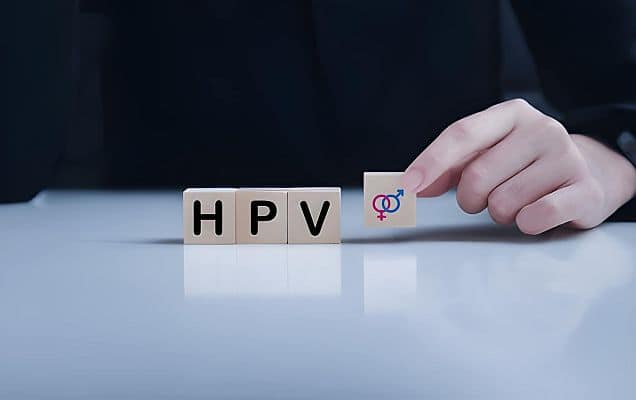وزیر اعظم جناب نریندر مودی نے آج فون پر فیڈرل چانسلر آف جرمنی ہز ایکسی لینسی اولف اسکولز سے گفتگو کی۔
وزیر اعظم نے ہز ایکسی لینسی اسکولز کو چانسلر کی حیثیت سے ان کی تقرری پر مبارکباد دی۔ہند-جرمنی اسٹریٹیجک شراکت داری کو مضبوط کرنے میں سابق چانسلر ہز ایکسی لینسی اینجلا مارکیل کے زبردست تعاون کی ستائش کی اور امید ظاہر کی کہ ہز ایکسی لینسی شولز کی قیادت میں یہ مثبت اقداماAت جاری رہیں گے۔
دونوں لیڈروں نے اس بات پر اتفاق کیا کہ نئی جرمن حکومت کی طرف سے جن حکمرانی کی اولیتوں کا اعلان ہوا ہے، اس میں غیر معمولی امکانات اور ہندوستان کا اپنا اقتصادی وژن موجود ہے۔سرمایہ کاری اور تجارتی روابط کے فروغ سمیت تعاون کے لئے جاری اقدامات کی صلاحیت کا انہوں نے جائزہ لیا ۔ انہوں نے اس بات پر اتفاق کیا کہ نئے شعبوں سمیت مزید تکسیری تعاون کی وسیع صلاحیتیں موجود ہیں۔انہوں نے امید ظاہر کی کہ خاص طورپر موسمیات کو لے کر ہونے والی کارروائی اور سبز توانائی کے شعبوں میں نئے تعاون پہل کی گنجائشیں ہیں، وہ اس وجہ سے بھی تاکہ دونوں ممالک اپنے اپنے موسمیاتی تبدیلی سے متعلق کئے گئے عہد کو حاصل کرنے کے اہل ہوسکیں۔
وزیر اعظم نے ہز ایکسی لینسی چانسلر شولز اور جرمنی کے عوام کو نئے سال کی نیک خواہشات پیش کیں اور امید ظاہر کی کہ باہمی بین حکومتی مشاورت کو لے کر ہونے والی آئندہ کی میٹنگ میں ان سے جلد ملاقات ہوگی۔













